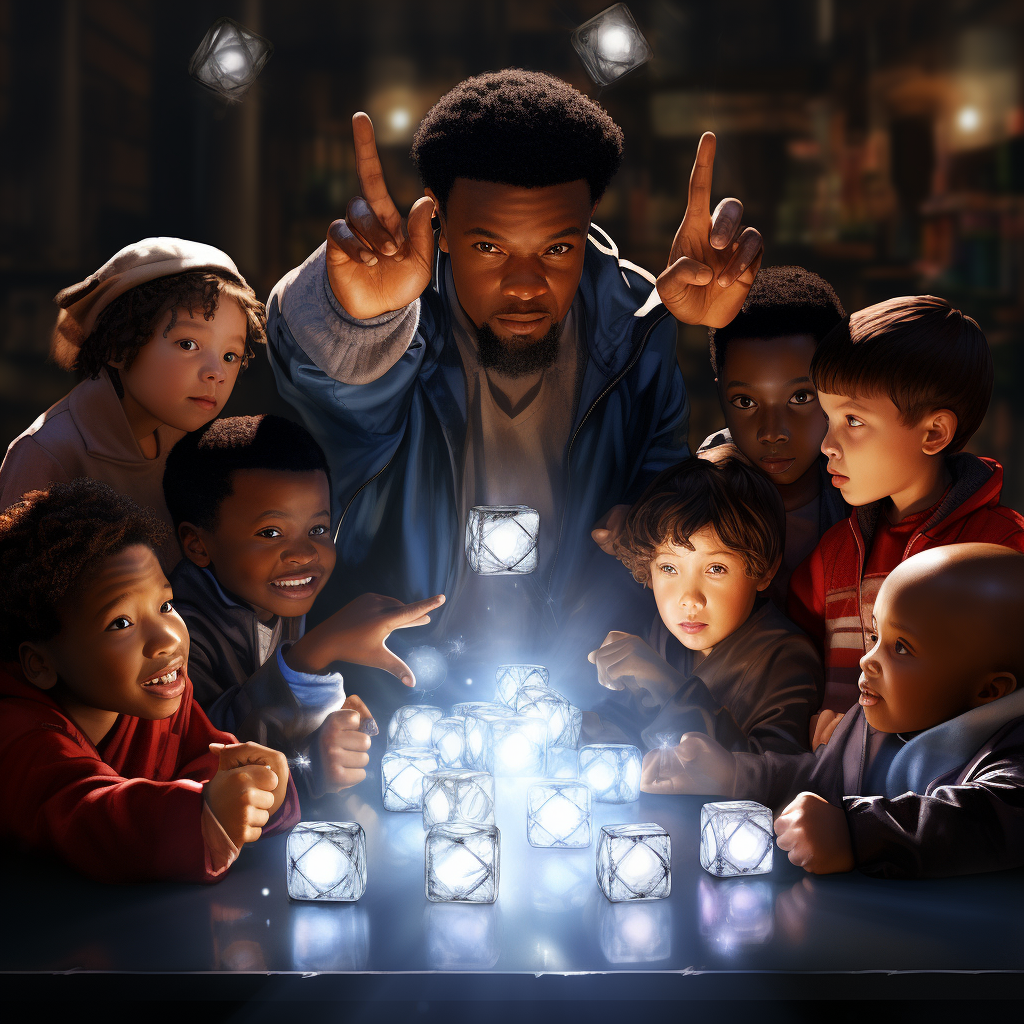In the world of adults, power is a complex and multifaceted concept. It often involves authority, responsibility, and the ability to make decisions that impact the lives of others. But what about kids? Do they truly understand the weight of power? While they may not grasp the full complexity of it, they do possess an innate sense of curiosity and a natural inclination to test the boundaries of authority. In this article, we’ll explore how kids navigate the realm of power and why it’s essential for adults to guide them through this journey.
Understanding Power from a Child’s Perspective:
Children, with their fresh and unfiltered perspective, view power through a simpler lens. For them, power can manifest in various forms, such as getting their way, having control over toys, or influencing their peers. While these may seem trivial to adults, they are significant in a child’s world. Kids may not comprehend the broader implications of power, but they certainly understand its immediate impact on their lives.
The Desire to Test Boundaries:
As kids grow, so does their curiosity. They begin to question authority and experiment with their own influence. This testing of boundaries is a natural part of their development. It’s not about defiance; it’s about learning how the world works. Kids want to understand the extent of their power, and this often involves pushing limits, challenging rules, and questioning decisions made by adults.
Teaching Responsibility and Empathy:
As adults, it is our responsibility to guide children through this exploration of power. We should help them comprehend the consequences of their actions and decisions. It’s crucial to teach them that power comes with responsibility and that their choices can affect others. Empathy is a valuable lesson that can help children appreciate the weight of their actions and decisions on the people around them.
Fostering Healthy Relationships:
As children test their power, they also learn about cooperation, negotiation, and compromise. These skills are essential for building healthy relationships throughout their lives. Encouraging open communication and teaching conflict resolution can empower kids to use their influence positively.
Setting Positive Examples:
Children often model their behavior after the adults in their lives. To help them understand the true weight of power, it’s vital that we set positive examples. Demonstrating empathy, fairness, and the responsible use of authority can leave a lasting impression on young minds.
My Final Word:
Kids may not fully grasp the complexities of power, but they possess an innate sense of curiosity and a natural inclination to test its boundaries. As adults, our role is to guide them through this journey, helping them understand the responsibility that comes with power and teaching them empathy, cooperation, and the importance of positive relationships. By doing so, we can empower the next generation to use their influence wisely and make a positive impact on the world. Remember, this is still a numbers game. Kids do understand time and death very well. Treat them with respect but command it for yourself.
No matter they say, they need your power and structure.


